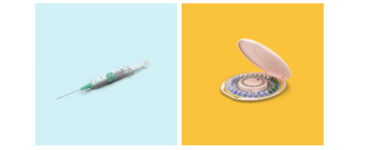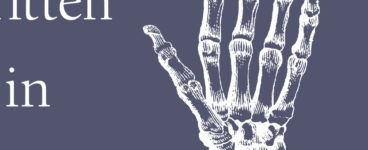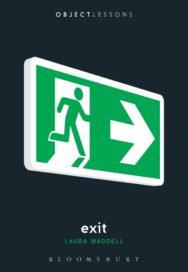‘Her ballads were hearty songs full of mythmaking, and her lyrical voice was pulled along by their bounding beat. They were lustful and intemperate, eerie and portentous, and sometimes humorous.’
Bloomsbury’s Object Lessons series are short, beautifully designed books about the hidden lives of ordinary things. Laura Waddell has written a book in the series on exits, and what they mean on subjects such as architecture, transport, ancestry, garbage, death, Sesame Street and Brexit. In this extract she tackles language, and Scots in exile.
Extract taken from Exit
By Laura Waddell
Published by Bloomsbury
What are exits, if not turning away from the colour and clutter of one situation into another whose possibility and potential is yet to come? A blank canvas; the space to create. Although sometimes that’s frightening, too.
Helen Adam was a Glasgow-born poet who reported that, not until she left Scotland and moved to America in the late 1930s, was she able to find her poetic voice. She found her groove in performing traditional Scots ballads, an oral rather than written tradition and so by its nature tenuously recorded in history, mixing with the San Francisco Beats scene as it flourished in the 1950s. Fellow poet Edwin Morgan described the effect of her move as a jolt bringing to the surface what was already there:
‘Although she had grown up in a literary household and been in college when Hugh MacDiarmid was asserting the political necessity of claiming Scottish literature and dialect as distinctly separate from English, all the poems Adam had written while she lived in the UK followed English rules and dictionaries It was not until she got to America that she began investigating her own native Scots language and incorporating Lallan dialect into her ballads. Similarly, Ginsberg encouraged his students at Naropa Institute, on a day when they were studying Helen Adam and the ballad tradition, to remain true to their own regional American dialects.’
I can imagine Adam testing her sense of self. Leaning into the differences between her voice and others, as well as bringing something new and different to the linguistic scene. Her ballads were hearty songs full of mythmaking, and her lyrical voice was pulled along by their bounding beat. They were lustful and intemperate, eerie and portentous, and sometimes humorous. She was inspired by an ‘extraordinary unearthly quality in the lonely places, in the moors and glens’ of her home country, and also the Romantics which came before her, telling stories of wildness and women.
The bonds of being dissolved and broke.
Her body she dropped like a cast off cloak.
Her shackled soul to its kindred sped.
In devouring lust with the wolves she fled.
—The Fair Young Wife
In the words of Prevallet,
‘Adam’s subversion of traditional forms […] revises traditional content with regard to gender. In most ballads, women, no matter how strong, are rarely positioned outside of domestic space. Even if they are travelling, they are still traversing a passage between one form of bond to another. In Adams’ ballads […] women are active protagonists. They are the ones who seek out their rights of passage, even if they are aided by supernatural powers.’
It took exiting Scotland for Adam to feel able to engage with the Scots language, experimenting and self-reflecting, and most of all rummaging through language in its varying forms, with the belief there was truth to find in words.
Let words be naked
As Yeats said, walking
The streets unashamed.
Let the boast and chatter
Of shop and office
Somehow disclose,
Through some poet throwing
Forked lightning
The essential secret
All language hides.
What have I exited, in order to write? What have I removed myself from in order to feed the impulse to spend time tucked away with books and thoughts and what I might make with them?
Places, spaces, people, stretching back always.
Exit by Laura Waddell is published by Bloomsbury, priced £9.99.
ALSO IN THIS ISSUE

 So Hormonal
So Hormonal
‘We are for menstrual equity: a society in which the simple biological fact of bleeding doesn’t hold …

 Written on the Bone
Written on the Bone
‘I would feel I have succeeded if people can become more comfortable to talk about their own death a …













